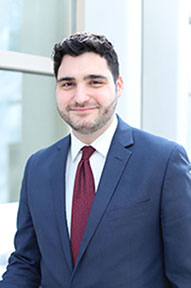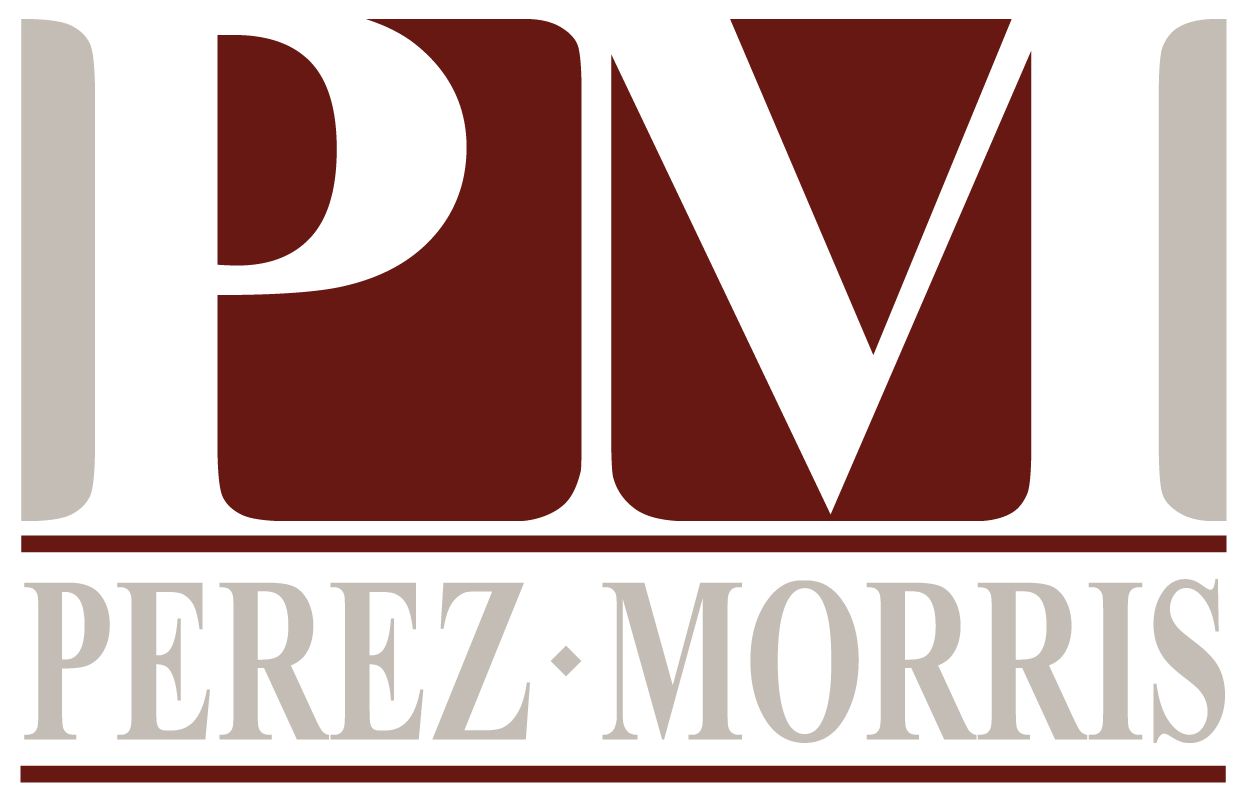Working at Perez & Morris has provided me the opportunity to teach part-time as an undergraduate adjunct professor at my alma mater. I’ve been teaching for four years, originally beginning as an assistant professor of Education Law and then moving on to teaching Business Law II and most recently Hospitality Law. One of the many benefits to teaching law courses in an undergraduate institution is that most law courses are survey courses—meaning that the subject area encompasses many different fields of the law and requires the ability to connect those various fields to the subject matter. This would be a relatively easy task for any practicing attorney who has a solidified base of knowledge in a certain field. However, one of the first challenges comes in providing students their first insight into the US legal system.
One thing that has become very obvious from when I was a college student, is that the younger generation does not seem to have a solid background in civics education. Whereas students in my own generation had a basic understanding of civics (as most of us were required to take government and economics courses in high school), it seems that those requirements have been tossed out the window. The challenge for a law professor teaching legal concepts to undergraduate students in this day and age is to first off create a baseline of understanding of not just only the legal system in general, but to give them a broader insight into the workings of our government. Many would be surprised to find out that the younger generation doesn’t necessarily understand the basic concept of Federalism in our government. So the first couple of classes (regardless of the course being taught) are generally going to be spent as an overview of the Constitutional framework that our Federal government has set up. Those lessons have become more fun since “Hamilton” has exploded on Broadway. Introducing key players to the students and remarking on their contributions to the framework our forefathers set up makes the class more entertaining and provides a solid jumping off point for students to gain a deeper understanding of the material.
Once the basic underpinnings have been taught, the real work begins. Most areas of the law that are taught in these survey courses are similar and overlap. When teaching Education, Business, and Hospitality courses, there are always sections devoted squarely to Employment Law (how should every business owner/hospitality professional/administrator handle requests for time off or requests for accommodations and what are their requirements under the Americans with Disabilities Act?), Tort Law (what is the duty all landowners owe to persons who enter their premises?), and Contract Law (what are the basics of forming a valid, enforceable contract and what rights do parties have under the contract, especially in the context of the employee/employer relationship?). However, each course presents its own unique challenges and legal concepts.
I believe it is safe to say that many attorneys have a general idea about many different areas of the law, most likely from their law school days or from the dreadful days of studying for the bar exam. But, each attorney may not have the required ability to go in depth on each subject that is presented. You may know the basic concepts, but can you discuss intelligently the nuances of that area of the law? For most attorneys, there are wide gaps in certain areas of the law, but those same attorneys probably have very intimate knowledge of certain other areas of the law that their practice focuses upon. This is just the nature of the business. Teaching these survey courses however, forces professors to become fully acquainted with various subject areas, areas that are probably generally beyond the scope of what they have practiced. I like to think that when teaching a survey course, you are very unlikely to find an attorney who has practiced in every single area that the textbook teaches about. The texts would lead students to believe that every attorney who practices in the Hospitality area is an expert in tort law, contract law, employment law and workers’ compensation law, intellectual property law, immigration law, real property law, international law, secured transactions, and criminal law, just to name some of the areas that are taught. While there may be attorneys who have this wide breadth of knowledge solely from their practice, it is most likely safe to assume that not many attorneys have the skill and expertise to handle cases in all these areas of law without committing some form of professional malpractice and an ethical violation, as most states (if not all) would require an attorney who is unfamiliar with an area of law to either turn down the case and refer it out or take the case on with the help of an attorney who has significant practice expertise in the area. But therein lies the reward for those attorneys who have the privilege of teaching courses such as these: you must become familiar enough with these areas of the law to be able to intelligently inform the students about what their requirements are under the law and how they can comply with laws and regulations that affect their certain professional area.
Being a practicing attorney who has been given the ability to teach law courses to undergraduate students, I could not recommend it enough to those who have the urge and ability to do it. It sharpens your public speaking skills, forces you to gain insight into areas of the law that you may not be as familiar with, and it gives you the reward of passing on your knowledge to the future generation. At the end of every semester, I can only hope that the students have learned at least one thing that will stay with them into the days when they start their own careers.

Anthony joined Perez & Morris in 2017. Prior to joining Perez & Morris, Anthony practiced with a law firm that handled personal injury, premises liability, and real estate litigation, amongst various other matters. He is a member of the New York State Bar Association, New Jersey State Bar Association, and the Columbian Lawyers Association of Rockland County.
Anthony is also an adjunct professor of Business Law at St. Thomas Aquinas College in Sparkill, New York, where he graduated magna cum laude in 2011 with a Bachelor’s Degree in History and a minor in Performing Arts. Read more



